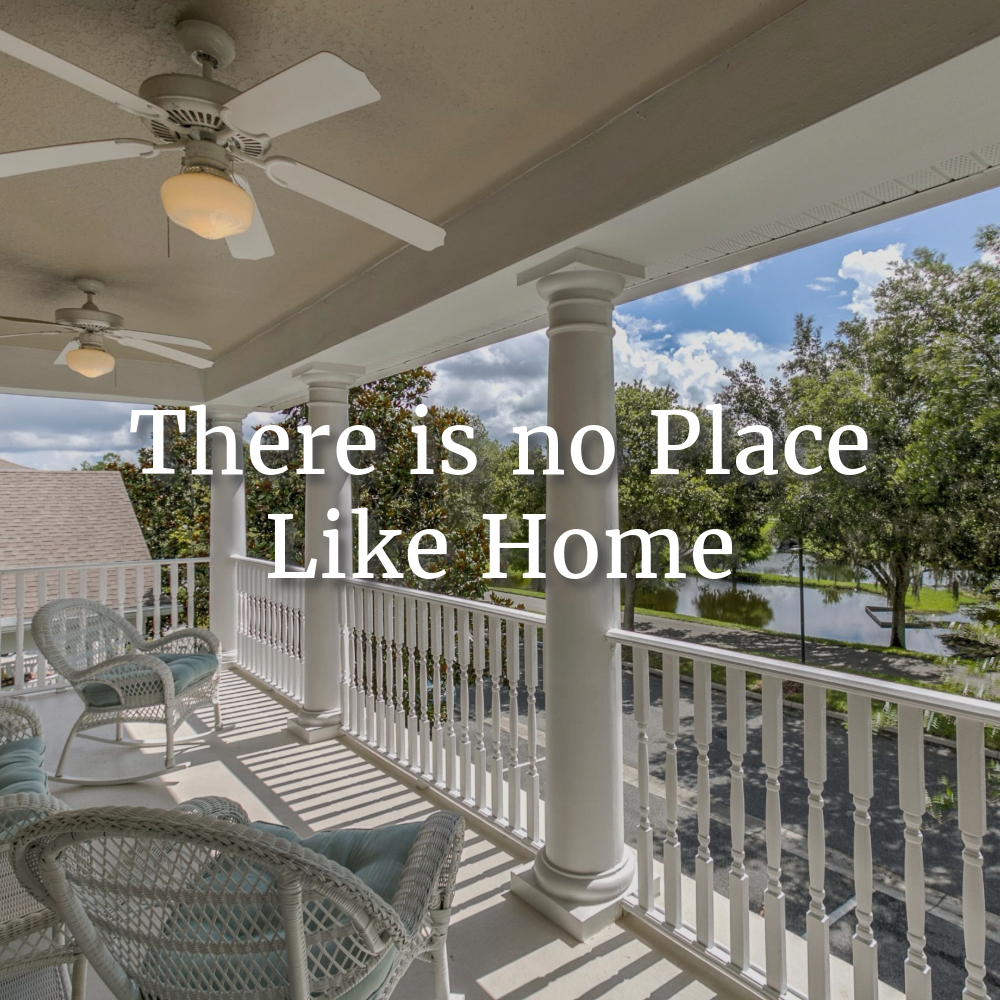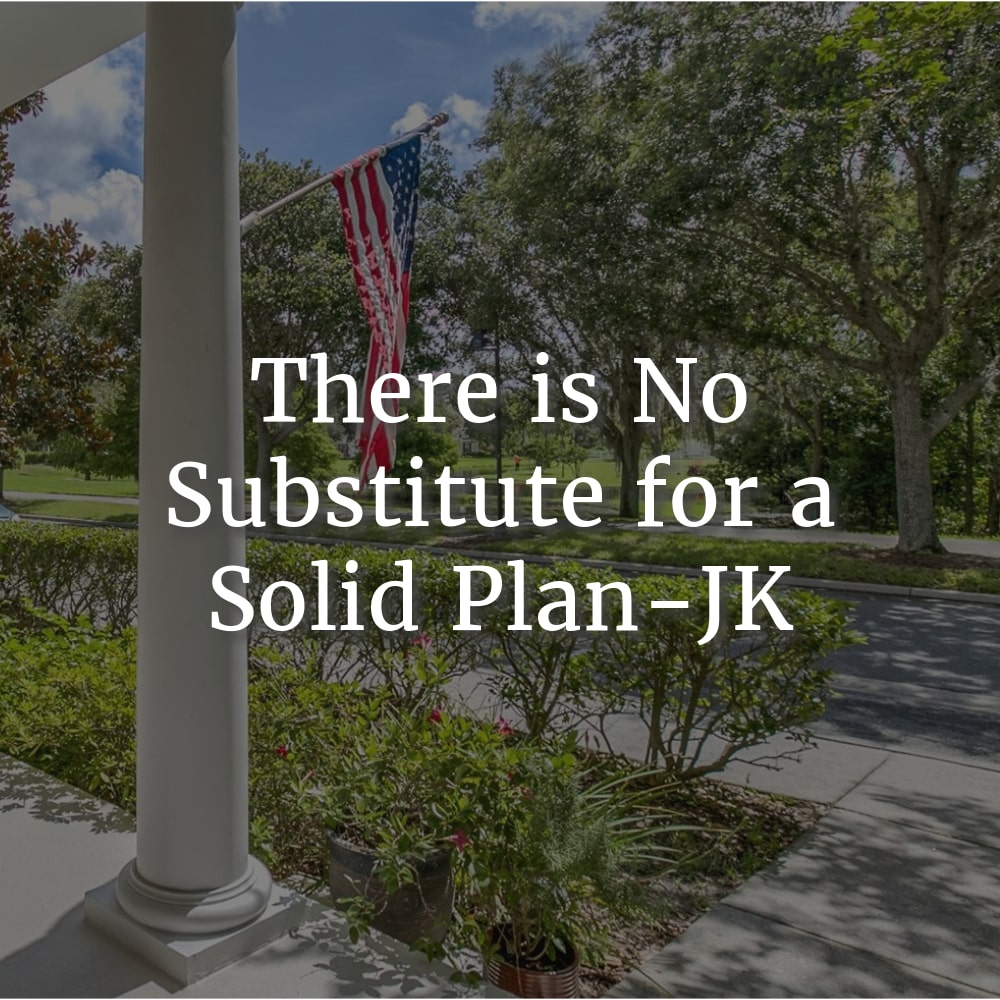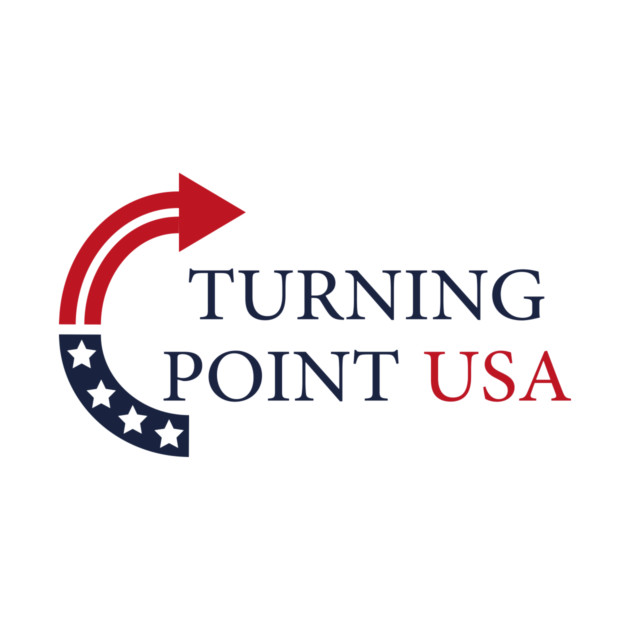The Four Costs of Homeownership
The Cost of Borrowing Money
It’s important to be aware of the total cost of a mortgage before making a decision. For a $300,000 loan with a 7% APR and a 30-year term, the total amount paid including both principal and interest would be approximately $718,527.60. This calculation assumes a fixed interest rate and doesn’t include other costs like property insurance, property taxes, or private mortgage insurance. The monthly payment in this case would be $1,995.91, with $418,527.60 paid in interest and $300,000 paid in principal over the course of the loan. Keep in mind that every individual’s mortgage situation is unique, and it’s important to carefully consider all factors before making a decision. And finally, mortgage interest is still tax deductible, renters need to remember for every dollar they pay in rent they had to pay taxes on the money that paid out, in contrast, mortgage interest is a deductible, the actual dollar for dollar cost are not the same.
See Current Rates at Bankrate.com
Property Taxes
In Florida, property taxes are determined by the assessed value of the property, which is calculated by the county property appraiser. This value is a percentage of the property’s appraised value. Additionally, each county in Florida sets its own millage rate, which is used to calculate the property tax owed. It’s important to note that one “mil” equals $1,000 of value (or $1). The millage rates are consistent across different property categories, meaning that residential properties have the same millage as industrial properties. To determine what your estimated property taxes will go to the county property tax website and search for the tool that will estimate property taxes.
Insurance
When you purchase a home in Florida, it is crucial to be fully aware of the risk factors associated with hurricanes and the insurance coverage options available to you. The state’s entire coastline is extremely vulnerable to hurricanes, and every region, including inland areas, can be affected by these devastating storms. Florida experiences 40% of all U.S. hurricanes, and major hurricanes can cause significant damage to homes and infrastructure, with sustained winds of at least 111 mph. Additionally, storm surge, wind damage, and flooding caused by torrential rains are all potential risks associated with hurricanes.
When it comes to insurance coverage, Florida homeowners must obtain protection through a combination of policies that best suit their specific needs. Most homeowners’ insurance policies in Florida include some windstorm and hurricane coverage, but those residing in high-risk areas may need additional windstorm insurance or endorsements. Flood insurance is also a non-negotiable, as standard homeowners’ insurance does not cover overland flooding. It is crucial to note that Florida law requires insurers to offer hurricane deductible options based on a percentage of the dwelling coverage limit, and the deductible applies only if your home sustains hurricane damage caused by an NHC-named storm. By fully understanding these risk factors and insurance coverage options, Florida homeowners can better prepare and protect their properties against potential hurricane-related damage.
Why the Cost of Owning a Home in Florida Is Skyrocketing…
Maintenance
When you purchase a new home, it’s important to keep in mind that you’re financing everything in it for the term of the loan. However, it’s always a good idea to start saving for repairs, maintenance, and replacement as soon as you move in. Depending on the size and amenities of your home, you should aim to save between 1-3% of the home’s value annually for these expenses. This includes repairs for the roof, HVAC, appliances, flooring, fixtures, paint, and cosmetic updates.
If you’re living in a condo or villa, your maintenance is likely covered, such as lawn care, exterior painting, and roofing. However, it’s important to note that as a homeowner, you will still be responsible for paying these fees, so it’s always wise to start a repairs and savings account from day one of ownership. While some people may be put off by the monthly fees associated with owning a condo, it’s important to remember that all homeowners will need to pay for these expenses in some form, so it’s best to plan ahead and be prepared. There is no alternative to having a comprehensive plan.



